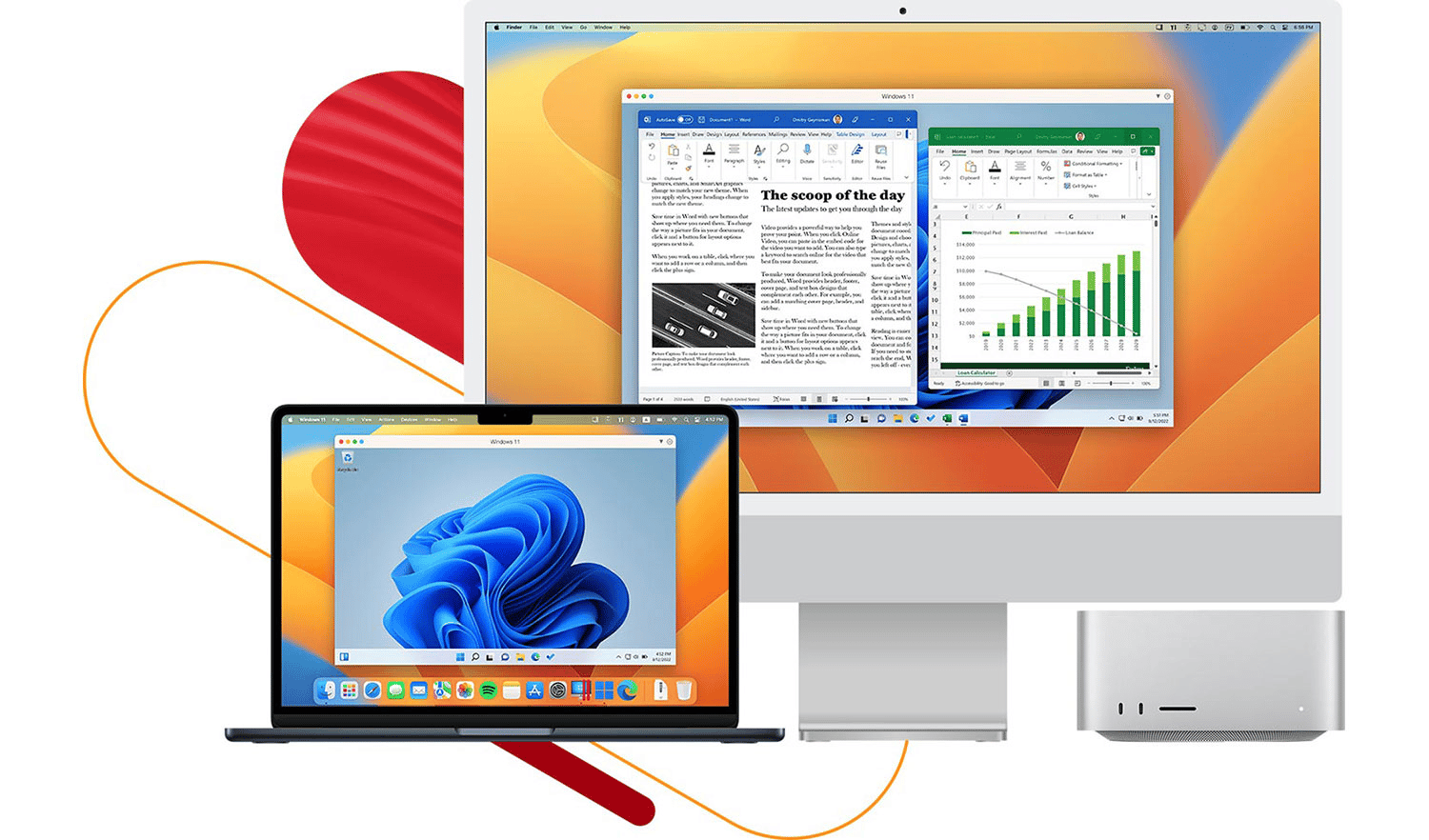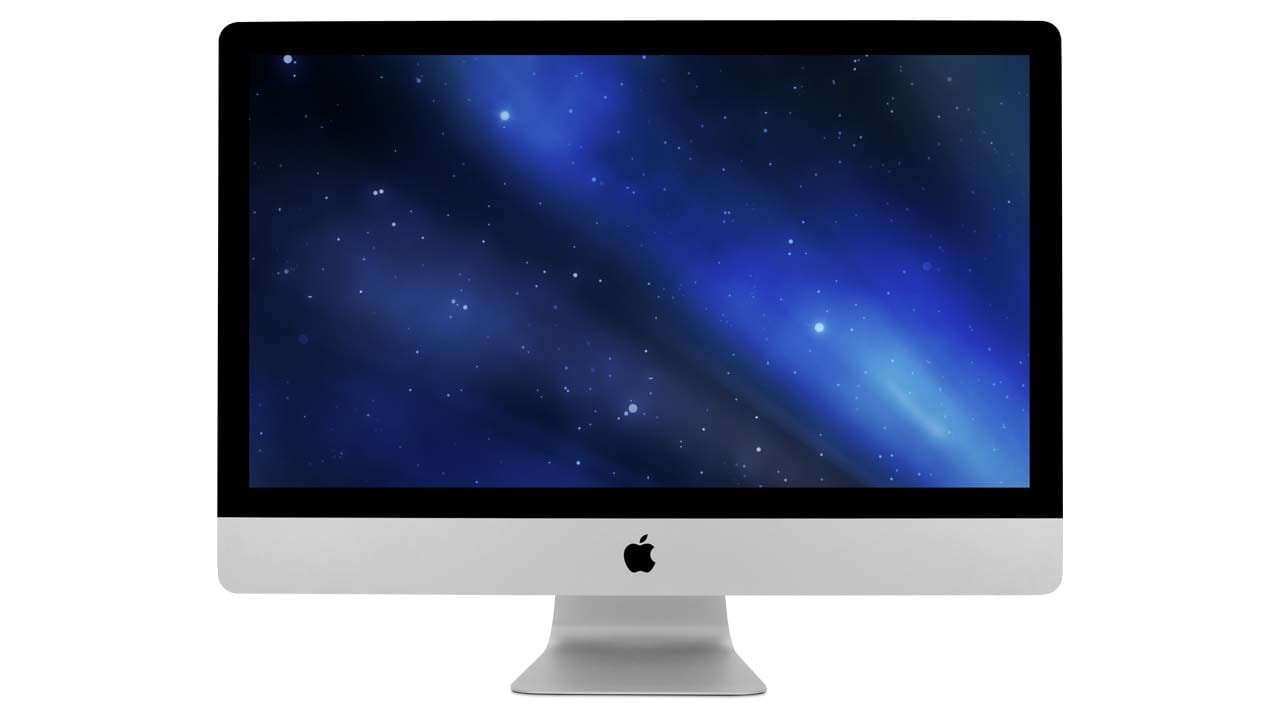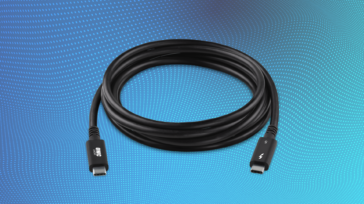
Alludo, makers of the popular Parallels Desktop for Mac, have announced official support for running ARM-optimized Windows 11 installs on Macs equipped with M-Series Apple silicon.
Windows support on M-Series Macs has been hit or miss ever since the introduction of the M1 processor in 2020. The M-Series chips were built atop foundations established by Apple’s vaunted A-Series chips that power its iPhones and some iPads. Both A-Series and M-Series chips are built with an ARM architecture whereas the Intel and AMD processors powering the vast majority of Windows systems are X86 or X64 processors.
The first Windows support to go out the window with the new ARM-based M-Series Macs was Boot Camp, which allowed Mac users to boot into a fully-supported version of Windows that ran natively on Mac hardware. Though an official version of Windows 11 exists for ARM processors, Apple has not yet added Boot Camp support to M-Series Macs.
So, for M-Series Mac owners who need to run Windows, the only way to do so is through a virtual machine using software such as Parallels or VMWare Fusion. Unfortunately, this hasn’t been a great experience. For starters, X86 Windows won’t run as well as a virtual machine on M-Series Macs as it would if it were the ARM-optimized Windows on ARM. And, Intel binaries of apps within X86 releases of Windows running in Parallels or VMWare are slower than if you were running them in Windows natively because, as Jason Snell pointed out at Six Colors, those binaries have to run using Microsoft’s code-translation layer.
Which means many users looking for the best possible performance were downloading pre-release versions of Windows on ARM and installing those in Parallels and VMWare wih varying levels of success.
But this announcement from Parallels brings the first instance of official Windows on ARM support to M-Series Macs. Microsoft has given Parallels its official support and, according to Snell, installation of Windows on ARM is smooth within Parallels. Plus, performance of the OS is at near-native speeds—unless of course you try to run Intel-optimized apps within the OS, as we mentioned above.
Parallels is optimized for M-Series Macs and you can find more information about how to run Windows 11 within Parallels at this link.
Of course, the best case scenario in terms of performance would be full, native Boot Camp support for Windows on M-Series Macs, but both Apple and Microsoft have been silent up to this point on whether that will happen or not.








Why would anyone run windows 10 over windows 11? Its MUCH slower and very fussy about peripherals – I had to go back to windows 10 so I could run my (recent) film scanner.
Luckily they brought a M1 Version of there drivers so I can repurpose my last windows machine. The end of a journey that started with PC-Dos 1.1.
Now if they would support Macs with T2 chips and cut the BS.